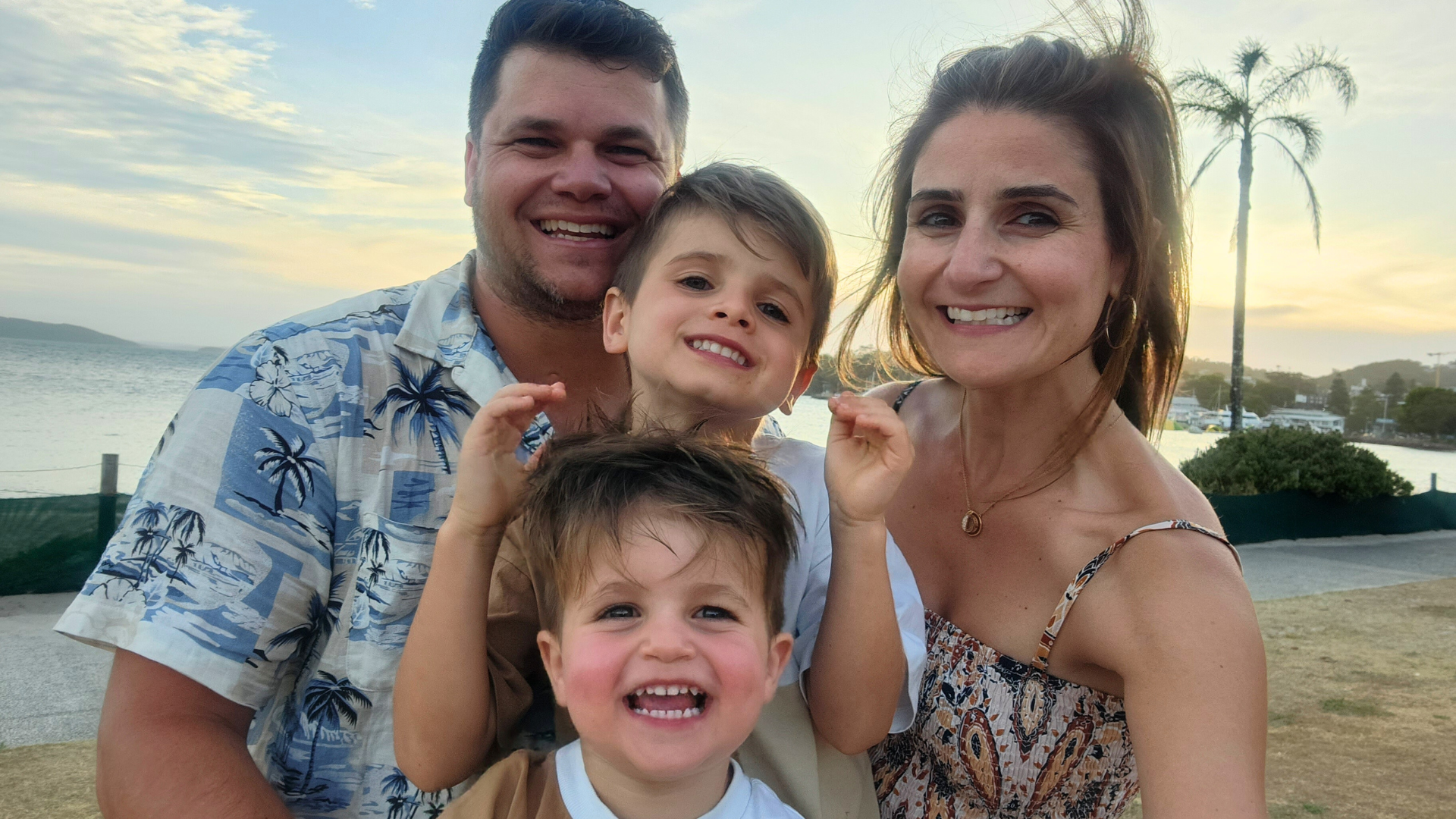By Martina Simos
When Natalie Hunt (née Papadatos) was 21, she was given the news that shocked her. As a fit, healthy young woman, she was not expecting to be diagnosed with blood cancer.
Nearly two decades on, Natalie – now 40 and in remission – hopes her story will inspire women to pause, listen to their body and take heed of any changes, no matter if big or small.
It also highlights a wider issue: blood cancer is one of the most urgent and under-recognised women’s health concerns in Australia.

‘I was healthy’:
Natalie’s own journey began almost by accident. Nearly 20 years ago, she was at her local gym working out when she noticed one of her ribs was sticking out.
Initially thinking the gym session was the cause, she booked a physio appointment but the rib could not be put back in place.
Not long after that, Natalie also coughed a small amount of blood among the phlegm that prompted a visit to the doctor who booked her in for a scan. The scan found Natalie had a massive 9 x 11cm mass in her chest and this was causing her rib to protrude.

“I was kickboxing, I was partying, and working fulltime,” she said. “I was healthy.
“It was a slight lump sticking up and I could feel that was my rib. And I thought that’s a bit strange. It never occurred to me to go to the doctor.
“I was pretty much asymptomatic apart from the blood. If I didn’t get sick from pneumonia I never would have known.”
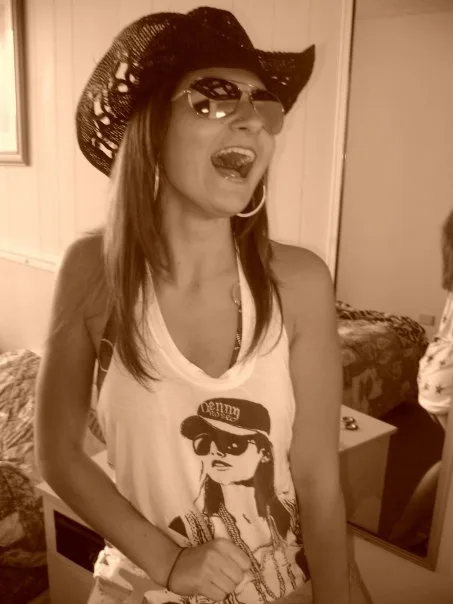
At that stage Natalie was not overly concerned and went to the hospital during a work day for the results. After waiting for a few hours at the hospital, Natalie saw the oncologist who broke the news that she wasn’t expecting.
The oncologist had her x-rays up and said, “so you have leukaemia or lymphoma – either way you have cancer, we just have to figure out which type it is.”
“That’s when the red flags kicked in,” Natalie said.
“I was waiting to see one of their doctors. I was 21, I didn’t know what an oncologist was.
“I was by myself in a room at 21 with a doctor and that’s when I was told. It was very scary. My best friend’s brother had just died of leukaemia at 30.
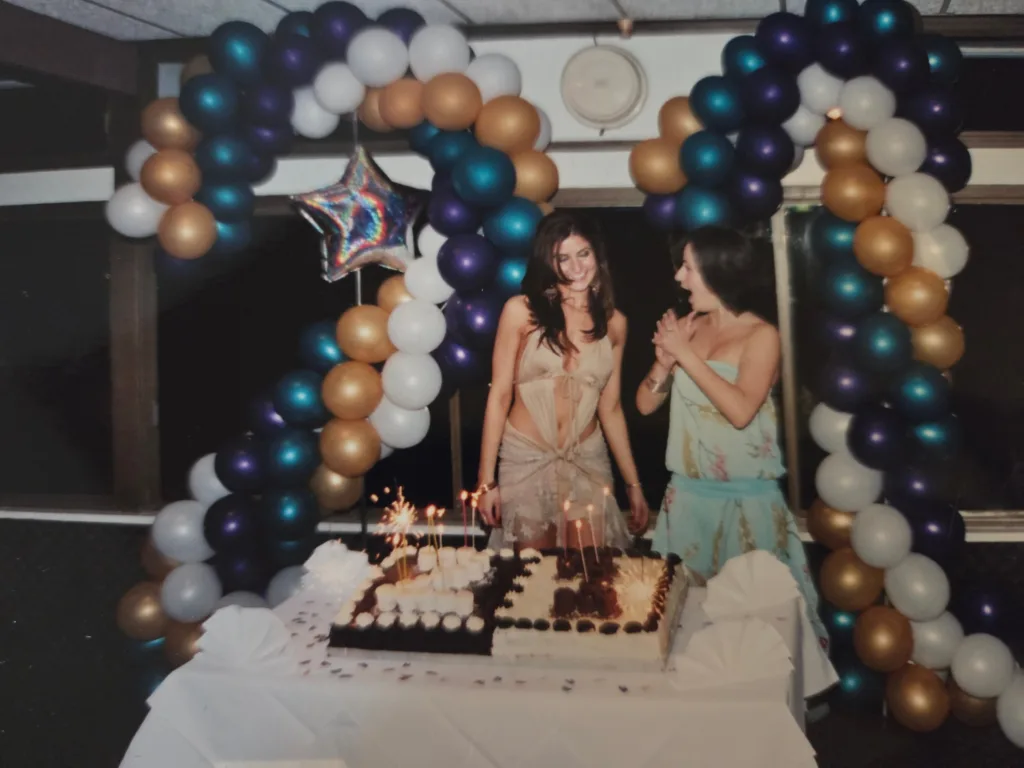
“I thought, ‘oh my God, Johnny just died of leukaemia, what does that mean for me?’”
At the time, Natalie’s parents were on holiday interstate and she had been planning to join them, but the plans changed as the following day a biopsy confirmed Natalie had Non-Hodgkin lymphoma (NHL) and the cancer was progressing rapidly.
Treatment had to begin immediately with not even enough time to freeze her eggs for the future. Natalie endured four months of targeted R-CHOP chemotherapy and a month of radiation specifically for NHL.
“In my humble opinion, it’s a very harsh type of chemotherapy. I didn’t react well to the chemo so I would have it every two weeks,’’ she said.
“What was supposed to be a four-hour administration would take me eight hours to get through the session because I would react so badly. It was awful.
“Sometimes I would have a bad reaction (to the chemotherapy) and I would have to go to hospital for three or four days.”
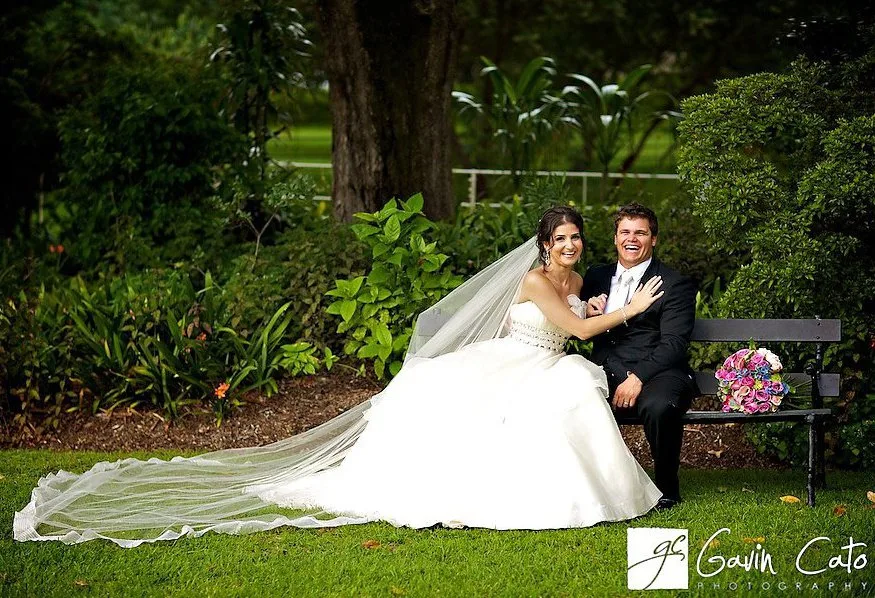

Today, Natalie is in remission and is loving her life as a wife, mother and a career woman. Natalie married the love of her life at the age of 25, started her HR career and is now the proud mum of two boys – Hayden, 8 and Harrison, 5 – even though she had been told that having children might not be an option.
Her advice during Blood Cancer Month is for women to listen to their bodies for any slight change and to see their doctor. Three times more Australian women are diagnosed with blood cancer than ovarian and cervical cancer combined. Blood cancer is the second most common cancer diagnosed in Australian women.
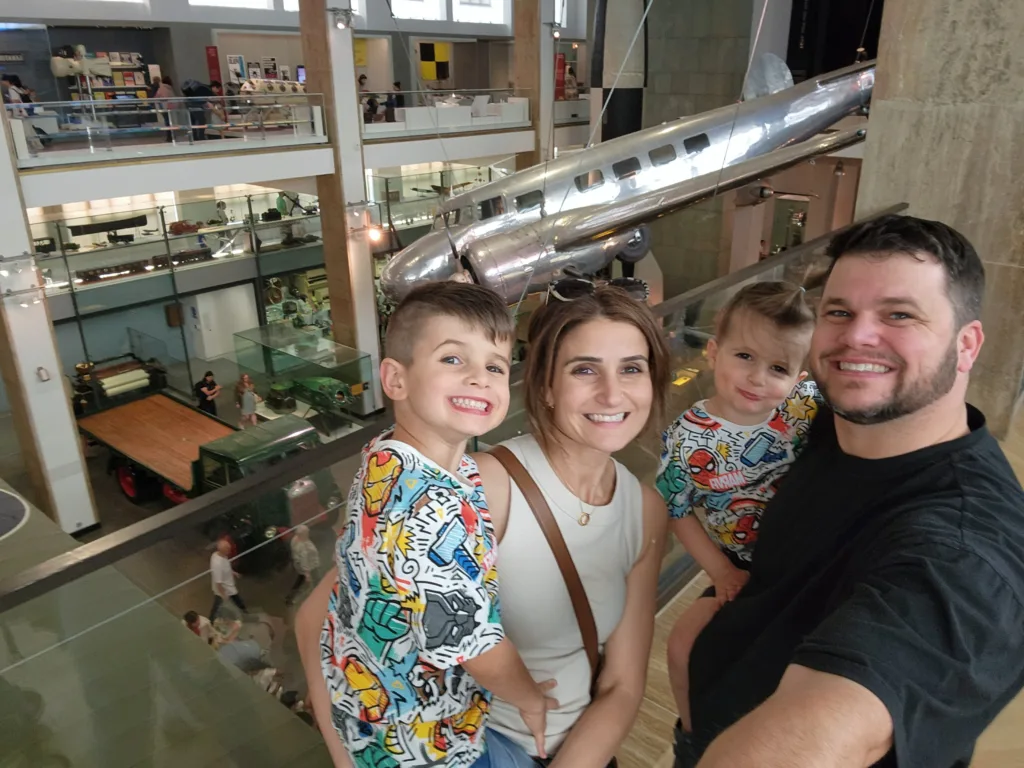
The Leukaemia Foundation runs Blood Cancer Month in September to raise awareness and support people with blood cancer.
Leukaemia Foundation CEO Chris Tanti said during Blood Cancer Month, Greek community leaders can help raise awareness of blood cancer by encouraging others to visit the Leukaemia Foundation’s website, for information about blood cancer signs and symptoms.
“If you or a loved one experiences symptoms such as fatigue, unexplained weight loss, unexplained bruising or bleeding, drenching night sweats, unusual lumps or swellings, or cold and flu-like symptoms that don’t resolve or keep coming back, it’s important to visit your GP early and ask for a blood test,” Mr Tanti said.
The Leukaemia Foundation provides reliable blood cancer resources on its website: leukaemia.org.au or call: 1800 620 410. The menu selection allows for the information to be translated to Greek.
